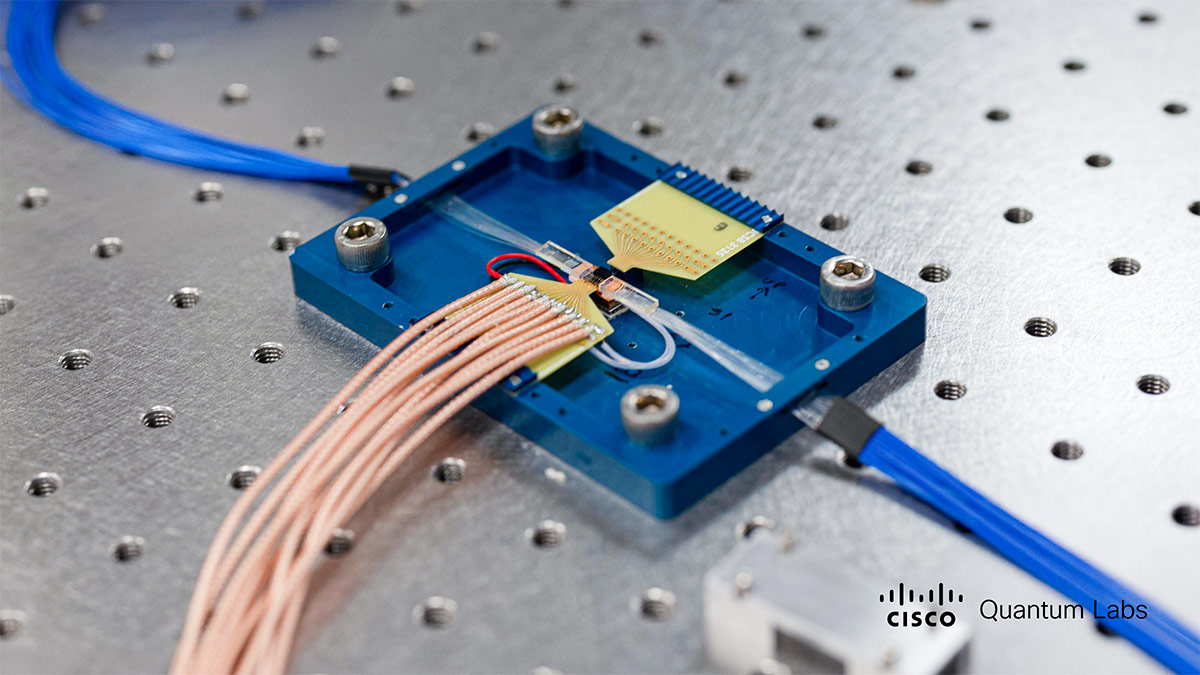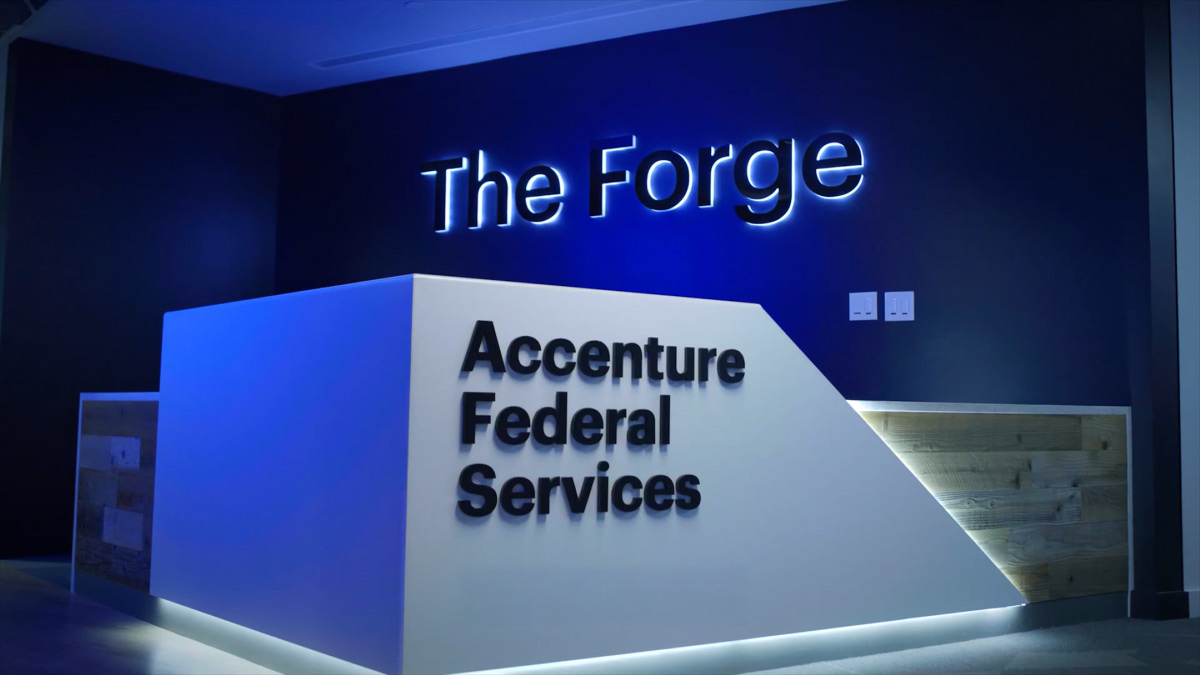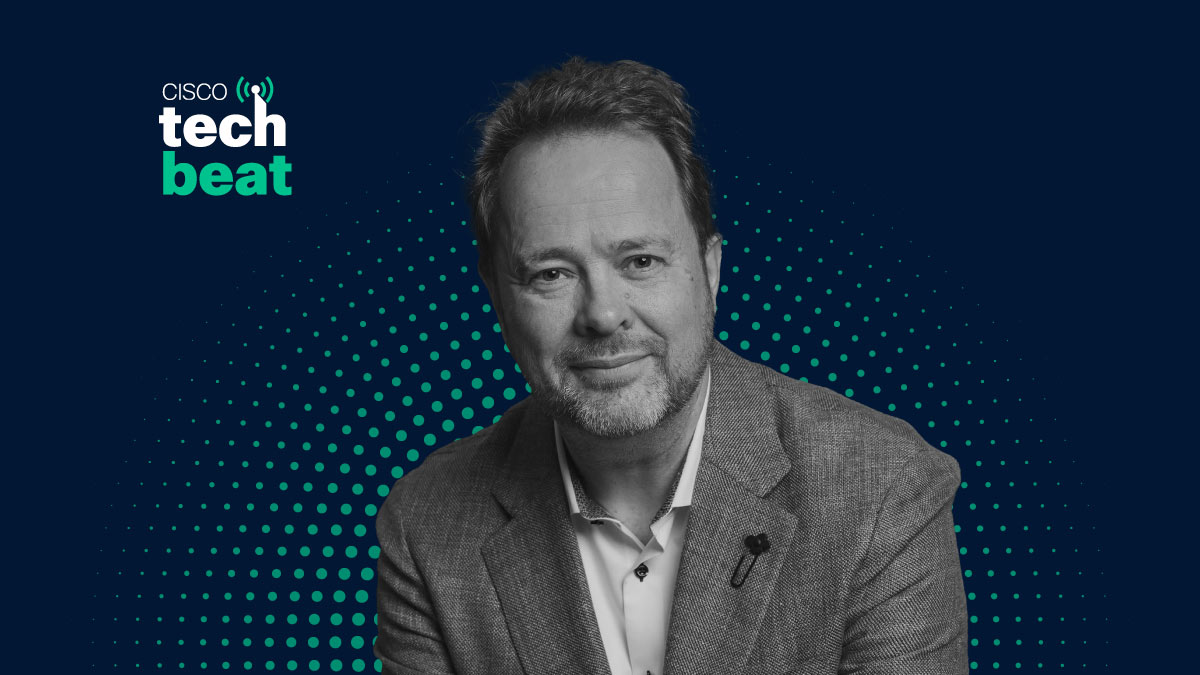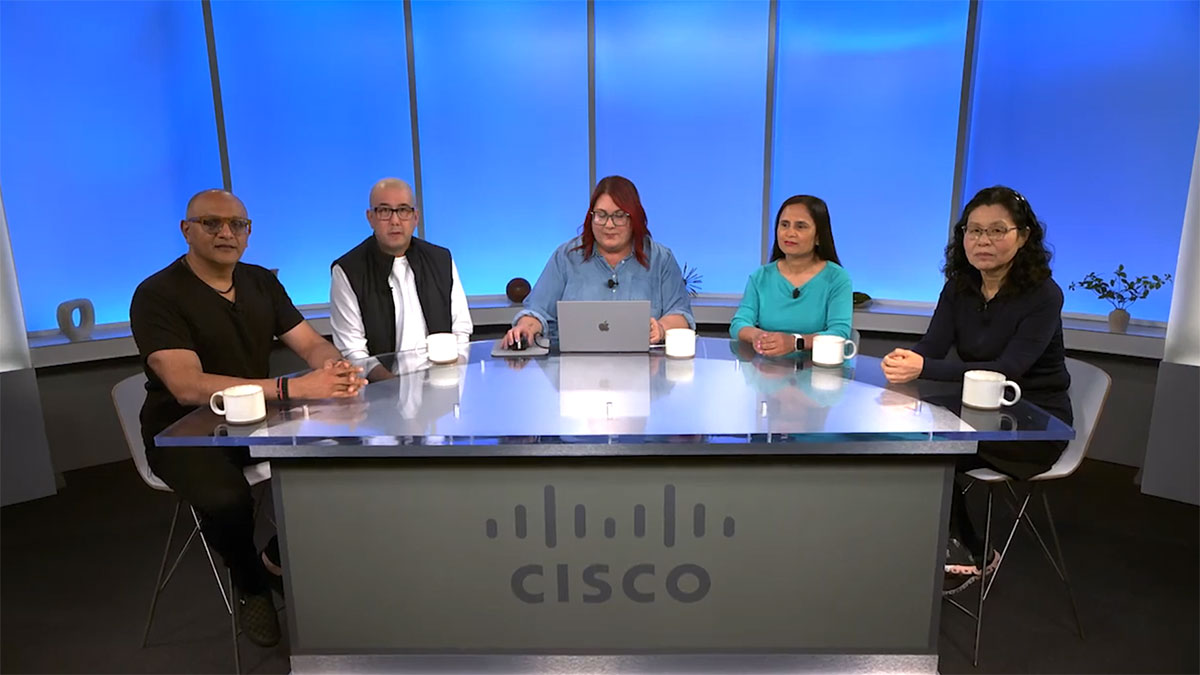Barcelona, December 2nd, 2015 – The city of Barcelona reinforces its position as a worldwide reference in smart cities innovation through the development and testing of the first open, flexible, scalable and secure technology platform designed to consolidate and manage all infrastructure, data and services of a smart city from the network edge to the cloud.
This pilot reference architecture, showed today during a demo at scale event in Barcelona, has been implemented over the last six months and validated into a fog computing proof of concept involving Cisco, the Barcelona City Council, the Barcelona Supercomputing Center – Centro Nacional de Supercomputación (BSC-CNS) and several technology and academic partners, with the aim to dramatically reduce the complexity, costs, operations and the time required for deploying smart city solutions throughout the city.
Fog computing is a new technology paradigm that allows building sustainable smart connected communities, and therefore enhancing citizen quality of life. It addresses silo challenges by deploying a fabric of nodes at the network edge providing data processing, analysis, and security close to the connected sensors and objects in the streets, and intelligently connects them to a backend platform in the Cloud.
NEWS HIGHLIGHTS
· Open innovation hub. Started in April this year, the proof of concept focused on the development and validation of a multi-vendor software platform. It is the outcome of the co-innovation efforts by the Barcelona City Council, start-ups (Sensefields, PrismTech and PLAT.ONE), a technology partner (Schneider Electric), academia (Barcelona Supercomputing Center, Technical University of Catalonia and i2cat), and several teams within Cisco led by the Corporate Strategic Innovation Group and Barcelona Innovation Center.
· Demo at scale. This reference architecture has been showed today during a demo at scale event in Barcelona where different and siloed services (traffic management, smart power control of outdoor cabinets, event-based video, connectivity on demand, sensor telemetry for the cabinets and analytics) have all been managed easily and securely through a centralized and remote dashboard.
· Smart city services optimization and development. This next-generation city services pilot-platform will not only allow to consolidate and centrally manage siloed smart city services – such as transportation, parking, lighting, traffic and waste management, safety or law enforcement – but also simplify, accelerate and reduce the cost of deploying new services thanks to virtualization capabilities at the edge, scalable orchestration, proper automation and analytics at multiple levels.
· Attracting talent and entrepreneurship. By supporting device heterogeneity, interoperability between systems and application development through an open platform, it will also create new business models potentially attracting talent entrepreneurship, fostering innovation and creating jobs and new sources of revenue for the city ecosystem.
· Portable platform for other cities and verticals. As an enabler for the Barcelona city vision and the right platform for a multi-purpose Internet of Things infrastructure, the fog computing pilot will be able to be exported, enabling digitalization of other cities and many other verticals like manufacturing, retail, healthcare, energy or transportation.
Today, it’s estimated that some 15 billion devices are connected to the Internet worldwide. By 2020 Cisco believes this number will explode to 50 billion and 40 per cent of the data will come from sensors and smart things. By then, a smart city with 1 million inhabitants will generate more than 180 million Gigabytes of data per day, so processing information at the network edge with fog computing and connecting it to the cloud will be key for cities and countries worldwide.
Supporting Quotes:
- Francisco Rodríguez, managing director, Computing Municipal Institute, Barcelona City Council: “Technology must focus on solving urban problems, addressing social, environmental and economical sustainability challenges and enabling better quality of life for residents and more satisfying experiences for visitors. Close collaboration among public and private companies, academia, research bodies and citizens through an open platform is key to this end, and this project is an open cooperation and innovation reference effort which will serve as a model for other communities to benefit from”.
- Maciej Kranz, vice-president, Cisco Corporate Technology Group: “Fog computing is key for the Internet of Things (IoT), providing the capability to derive real-time insights from the vast amounts of data generated by sensors and connected objects and devices at the edge of the network. Just as Cloud technology has been an enabler of the Internet, Fog will drive an array of new IoT use cases from government to retail to healthcare. Barcelona Proof of Concept is a pioneer innovation in this way”.
- David Carrera, leader of Datacentric Computing, Barcelona Supercomputing Center: “To date, cities have implemented disparate solutions for street lighting or traffic monitoring operating in isolation without the advantages provided by a unified management. In this project we have developed technologies that enable managing and scale urban services holistically and allow different actors to access the data produced and extract new value from them”.
Supporting Resources
- Cisco blog about the project.
- Cisco blog about Fog Computing Open Consortium.
- Cisco smart cities blog.
- Cisco’s views of the Internet of Everything and Internet of Things.
- Join or stay tuned to our smart cities activities following @CiscoSCC and @CiscoIoE
About Cisco
Cisco (NASDAQ: CSCO) is the worldwide leader in IT that helps companies and cities seize the opportunities of tomorrow by proving that amazing things can happen when you connect the previously unconnected. For ongoing news, please go to http://thenetwork.cisco.com.
About Barcelona Supercomputing Center
Barcelona Supercomputing Center is the national supercomputing centre in Spain. BSC specializes in High Performance Computing (HPC) and its mission is two-fold: to provide infrastructure and supercomputing services to European scientists, and to generate knowledge and technology to transfer to business and society.
BSC is a Severo Ochoa Center of Excellence and a first level hosting member of the European research infrastructure PRACE (Partnership for Advanced Computing in Europe). BSC also manages the Spanish Supercomputing Network (RES).






